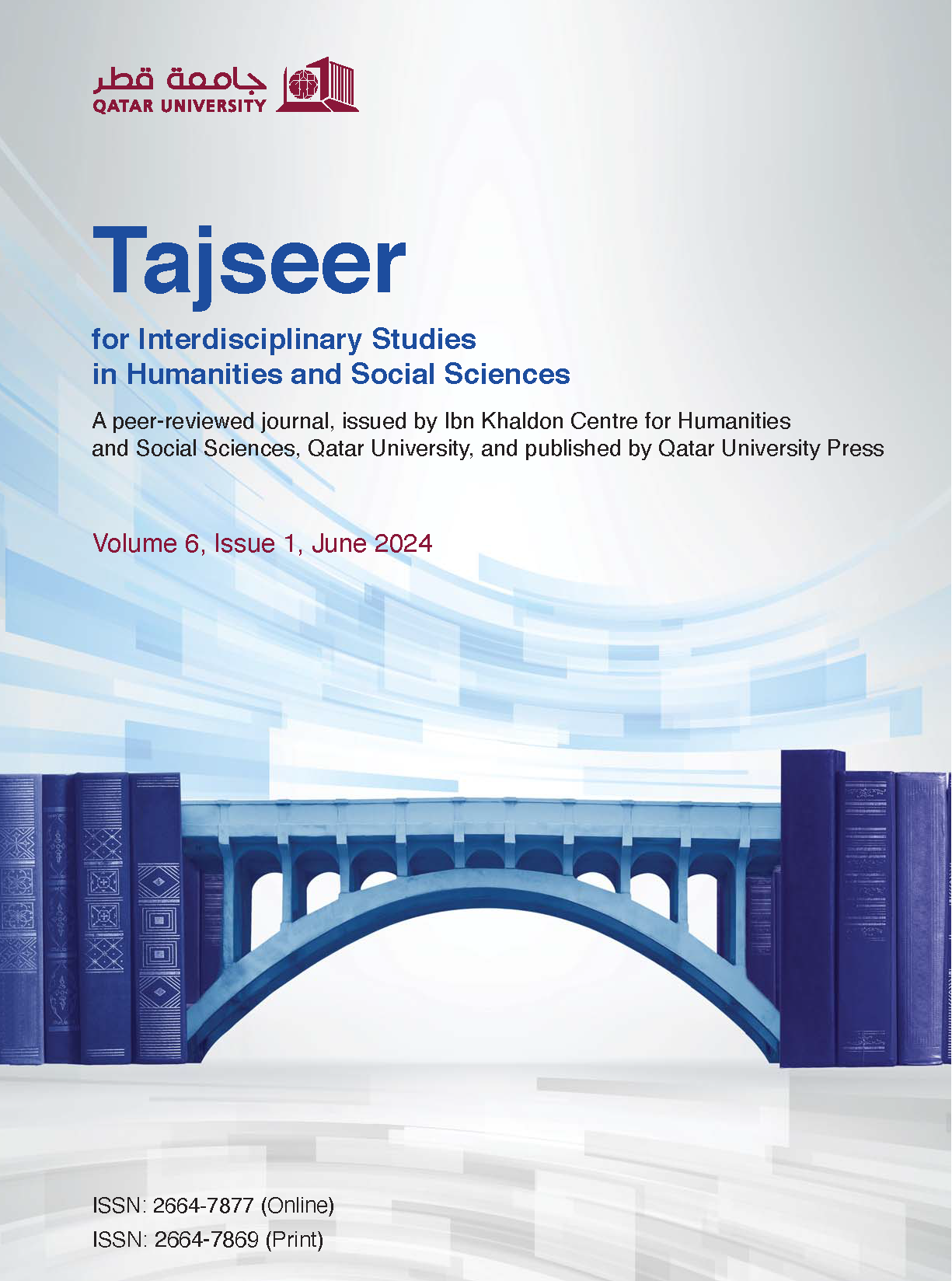Studying the Place of Transcendental Ideals and Human Instincts in Modern Psychology: An Insight into the Alternative Discourse of Mohammad Rafi-ud-Din
Abstract
The integration of psychological and natural sciences is an ongoing process that aims to understand the human mind in the context of the natural world. Rafi-ud-Din has made significant contributions to this field with his concept of human nature and psychology. He argues that the urge for ideals is the real, ultimate, and sole dynamic power of human actions, and that it finds its roots not in instincts but in something transcendental and metaphysical. He describes man as a spiritual and moral self that has innate knowledge of good and evil, and builds his own discourse to describe human nature in the light of the Qur’ān. He also addresses the influential theories of Marx, Freud, Adler, and MacDougall at length and critiques the ideas that view human nature as primarily driven by instincts, arguing that this view reduces man to the status of a social animal and ignores the spiritual and moral dimension of human existence. His alternative discourse on the role of instincts in human psychology and the place of transcendent ideals in understanding man offers a unique perspective on this topic, and his work is an important contribution to the ongoing debate on the integration of psychological and natural sciences. This paper aims to study the ideas and approaches of Rafi-ud-Din about Human Nature and his efforts to refute the thoughts of modern thinkers.
Metrics
##plugins.themes.bootstrap3.article.details##
Human InstinctWesternEpistemePsychologyTranscendental IdealsQur’ānic Discourse
Bariun, Fawzia. “Malik Bennabi and the Intellectual problems of Muslim Ummah.” The American Journal of Islamic and Social Sciences 9/3 (1992), pp. 325-337.
Darwin, Charles. The Origin of Species (London: John Murray, 1859), at: https://www.vliz.be/docs/Zeecijfers/Origin_of_Species.pdf.
Marx, Karl and Engels, Friedrich. the communist Manifesto, (ed.) Samuel H. Berr, New York: Appleton-Century-Crofts, 1955, at: https://www.bard.edu/library/arendt/pdfs/Marx-CommunistManifesto.pdf
Freud, Sigmund. The Civilization and its Discontents (London, England: Penguin Classics) pp. 82-85, at: https://www.sas.upenn.edu/~cavitch/pdf-library/Freud_SE_Civ_and_Dis_complete.pdf
Freud, Sigmund. Strachey, James and Gay, Peter. The Ego and the ID: The Standard Edition of the Complete Psychological Works of Sigmund Freud, London: Hogarth Press, 1923.
Fromm, Erich. Marx’s Concept of Man. New York: Frederick Ungar, 1966.
Herghanin, B. R. An Introduction to the History of Psychology, Wadswarh: Cangage Learning, 2005.
Lillie, William. Introduction to Ethics. London: Metheun, 1948.
Mark, Emily. “Taoism,” World History, February 22, 2016, Date of Access: February 19, 2024, at: https://www.worldhistory.org/Taoism
Marx, Karl. Das Kapital: A Critique of Political Economy, Vol. 1 (ed.) Frederick Engels, Trans. S. Moore & E. Aveling, Chicago: H. Regnery, 1959.
McDougall, William. An Introduction to Social Psychology, London: Methuen & Co. Ltd, 1919.
Rafi-ud-Din, Mohammad.“Islam and Human Nature.” Islamic Education- Journal of the All-Pakistan Islamic Education Congress, January and February, 1972, pp. 4-10.
–––. “What is Man,” Islamic Education- Journal of the All-Pakistan Islamic Education Congress, March & April, 1968, pp. 15-30.
–––. Ideology of the Future. Lahore: Markazi Anjuman Khuddam ul Qur’an, 2018.
–––. Manifesto of Islam. Lahore: Anjuman Khudam ul Qur’ān, 2001.
–––. The Fallacy of Marxism. Lahore: Institute of Islamic Culture, 1969.
–––. The Qur’ān and Modern Knowledge, trans. S. D Mahmud, Lahore: Dr Rafi-ud-Din Foundation, 2009.
–––. Quran aur Ilm-e-Jadeed, Lahore: Anjuman Khudam ul Qur’ān, 2007.



 https://orcid.org/0000-0001-7285-4388
https://orcid.org/0000-0001-7285-4388